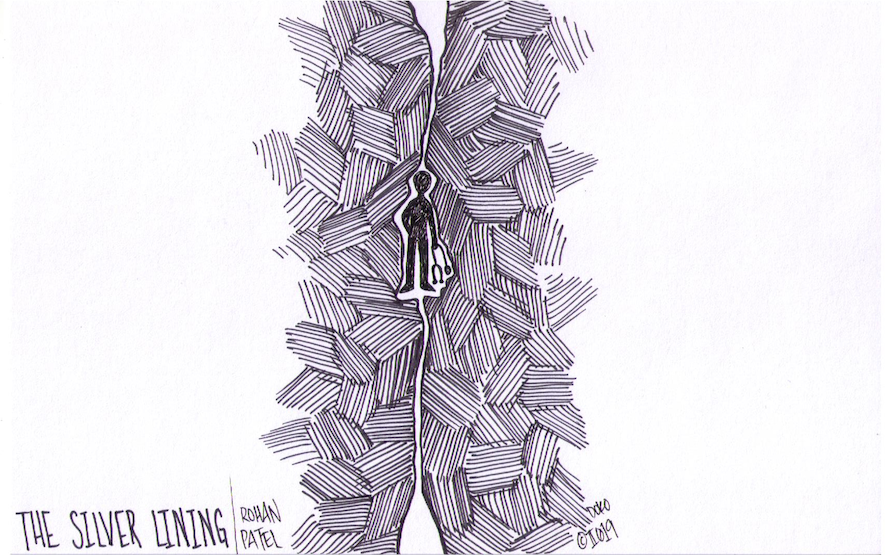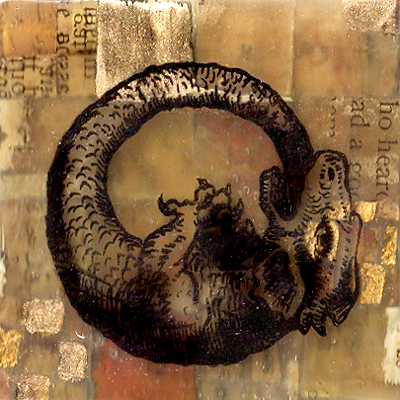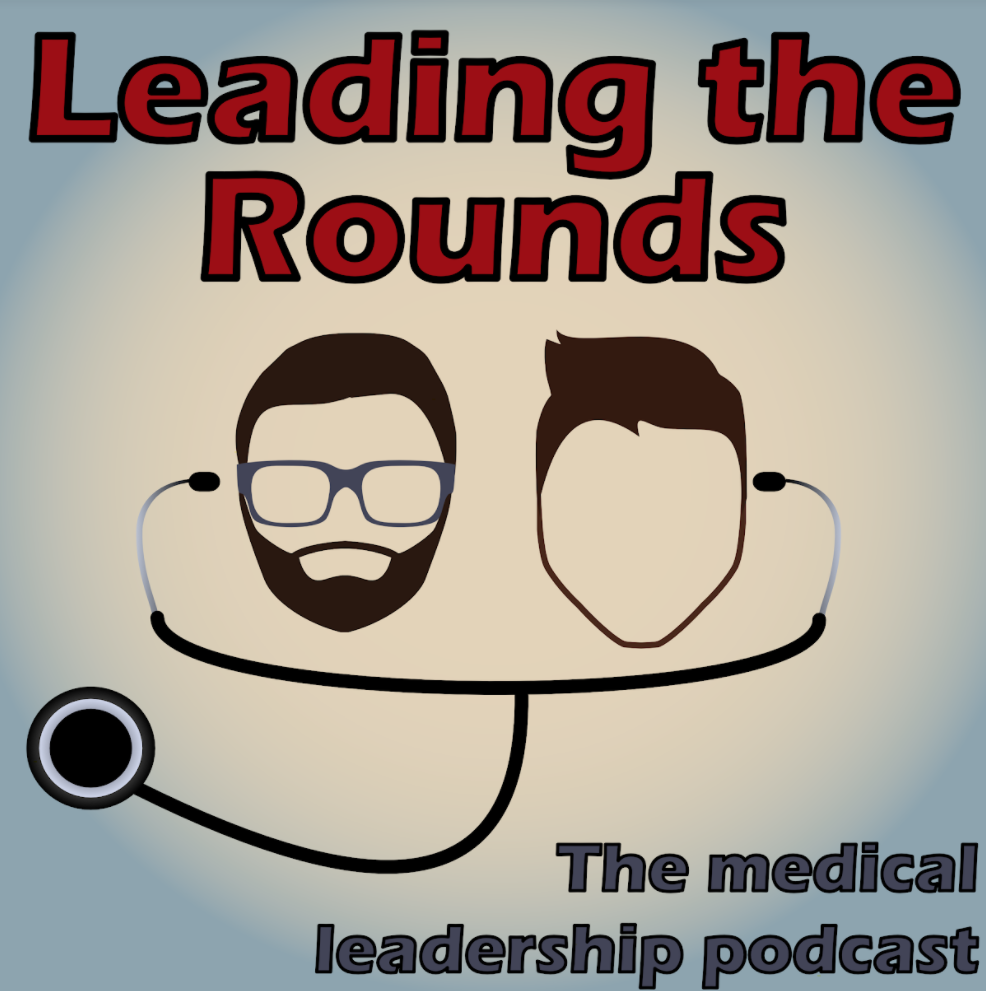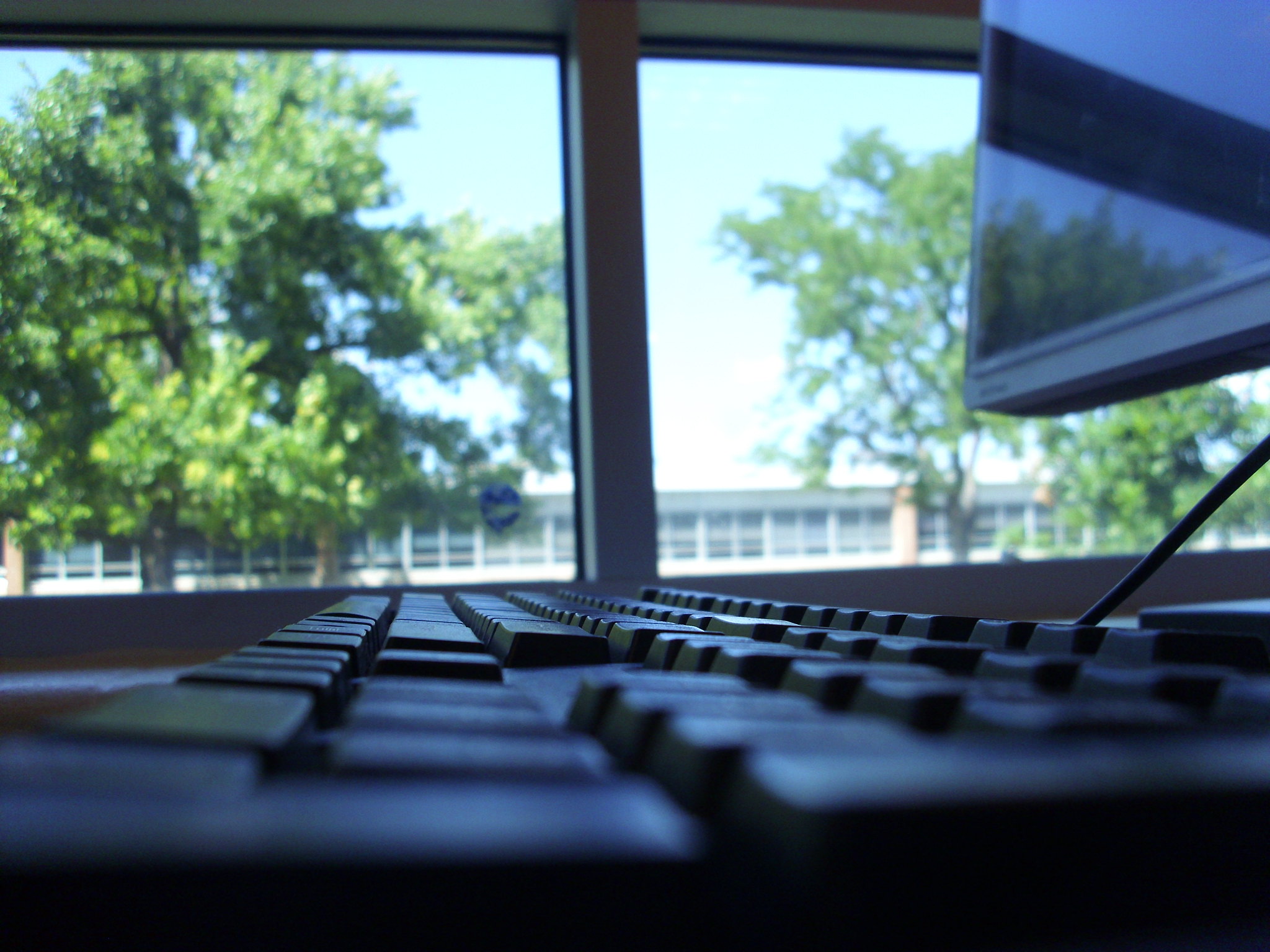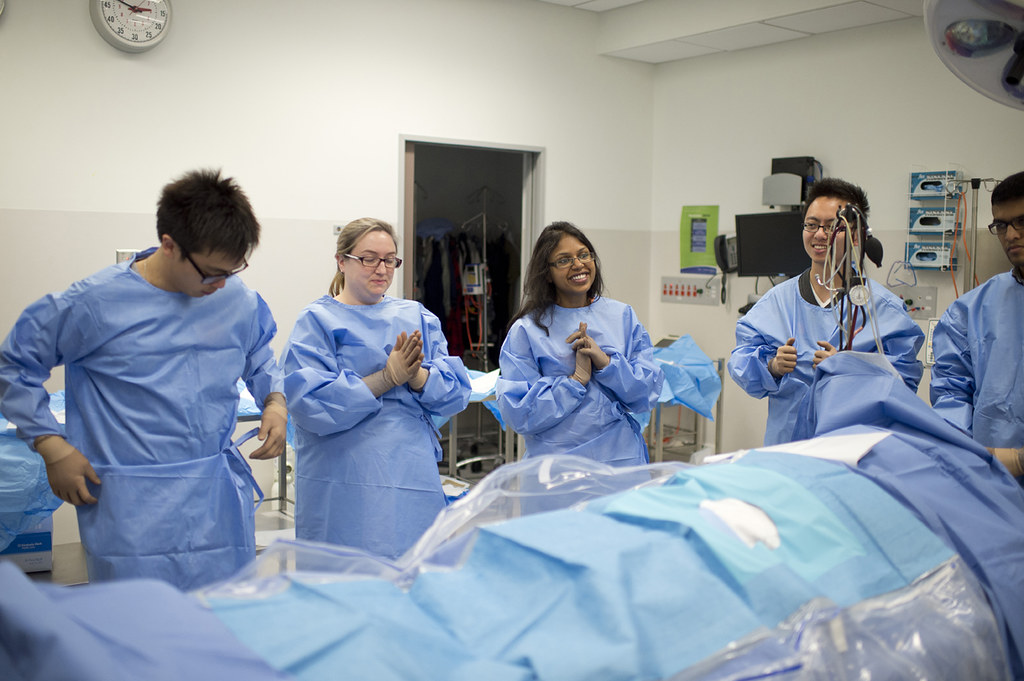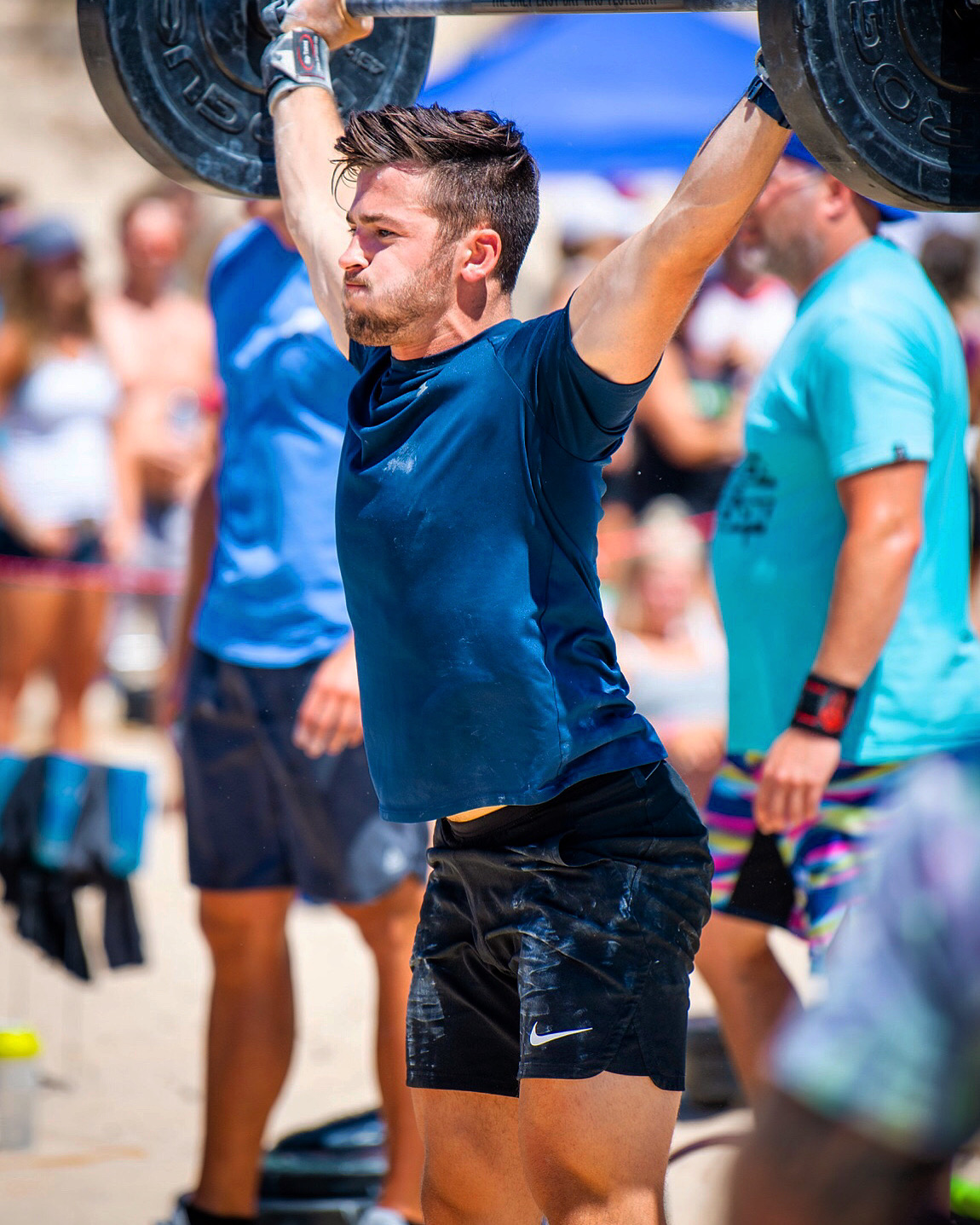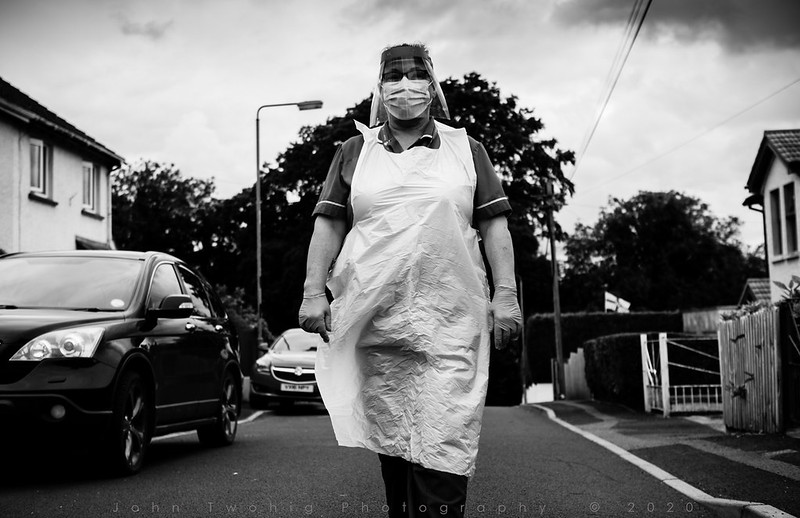Do I Belong Here?
This phenomenon of imposter syndrome is prevalent in many of us pursuing medicine. Especially for those of us who are first-generation physicians, we are left to fend through uncharted territories. While we try to do our best to navigate this difficult path, we are left feeling that there is someone else better suited for our spot in medicine. We feel that we are not deserving of this privilege. As we pass through these high obstacles — basic sciences, board exams, core rotations, even electives — we stew in self-doubt after each success.



